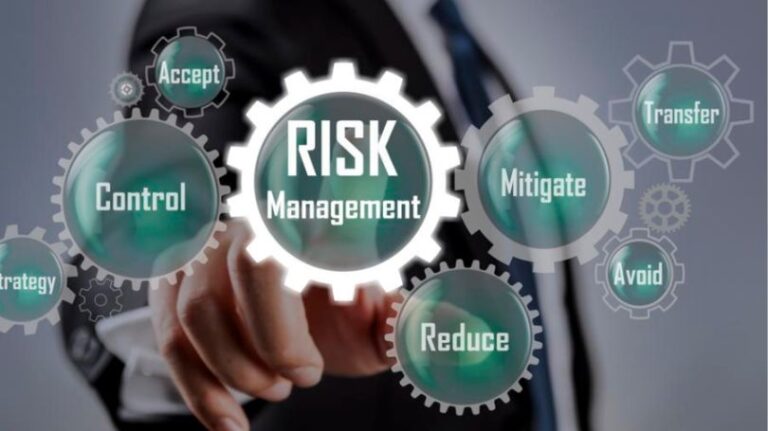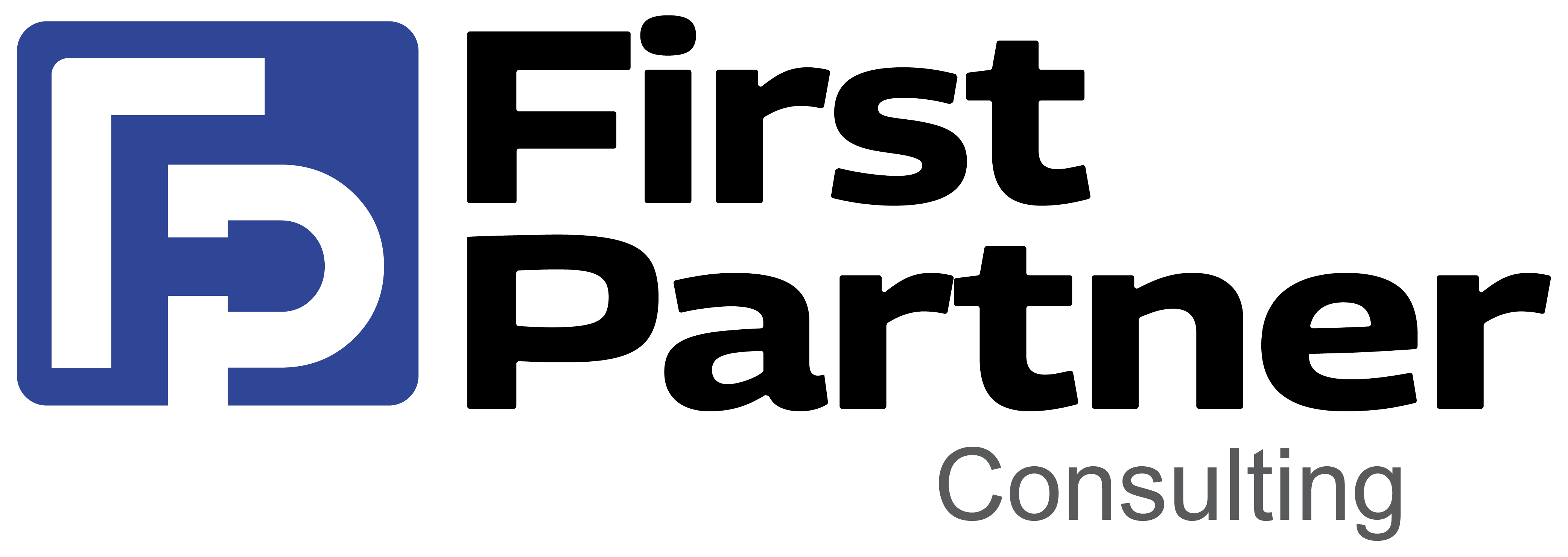Risk Management
What is Risk Management?
Risk management is the process of identifying, assessing, and mitigating potential risks that could impact an organization’s objectives. It involves systematically analyzing both internal and external factors that may pose threats or opportunities, evaluating the likelihood and impact of these risks, and implementing strategies to manage or minimize their effects. By proactively managing risks, organizations can enhance decision-making, protect assets, optimize resource allocation, and improve overall resilience and sustainability in the face of uncertainties.

How Risk Management Works?
Risk management operates through a systematic approach aimed at identifying, assessing, and addressing potential risks that could affect an organization’s objectives. The process typically begins with risk identification, where internal and external factors that may pose threats or opportunities are identified. This involves analyzing various aspects of the organization’s operations, such as financial activities, operational processes, compliance requirements, and market conditions.
This may involve implementing control measures, such as policies, procedures, and safeguards, to reduce the likelihood of occurrence or mitigate the impact of risks. Additionally, contingency plans may be developed to respond to unforeseen events or emergencies.
Why First Partner?
- Protecting Assets: Effective risk management helps Primus safeguard its assets, including financial resources, intellectual property, and reputation, by identifying and mitigating potential threats.
- Ensuring Business Continuity: By proactively addressing risks, Primus can minimize disruptions to its operations and ensure continuity in the face of adverse events such as natural disasters, market fluctuations, or regulatory changes.
- Enhancing Decision-Making: Implementing robust risk management practices enables Primus to make informed decisions by considering potential risks and their implications, leading to more strategic and effective allocation of resources.
- Compliance and Regulatory Requirements: Prioritizing risk management ensures that Primus remains compliant with industry regulations and standards, reducing the risk of legal issues, penalties, and reputational damage.
- Optimizing Performance: By identifying and mitigating risks, Primus can optimize performance and efficiency across its operations, improving profitability, and sustaining long-term growth.
- Building Trust and Credibility: Demonstrating a commitment to risk management enhances Primus's credibility and trustworthiness among stakeholders, including investors, customers, and partners, fostering stronger relationships and support for the organization's objectives.
